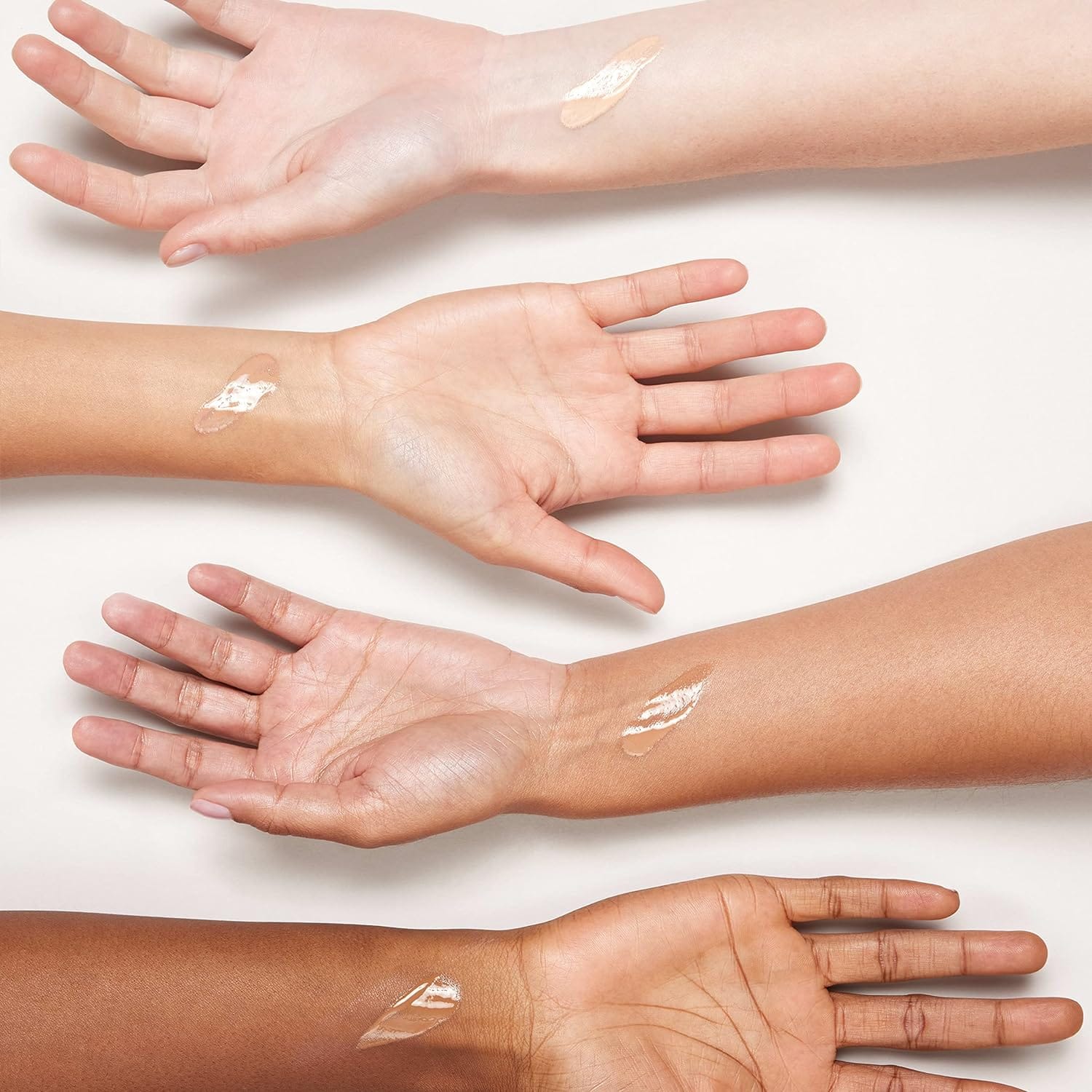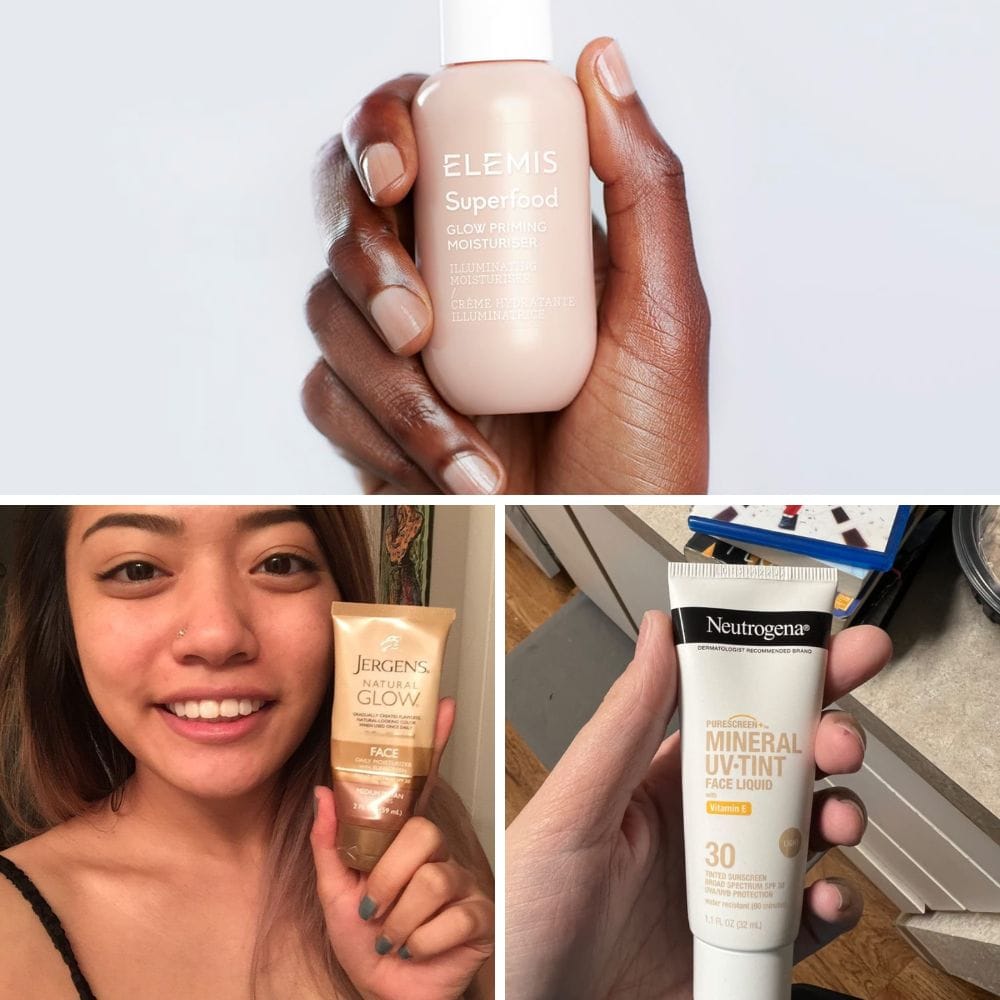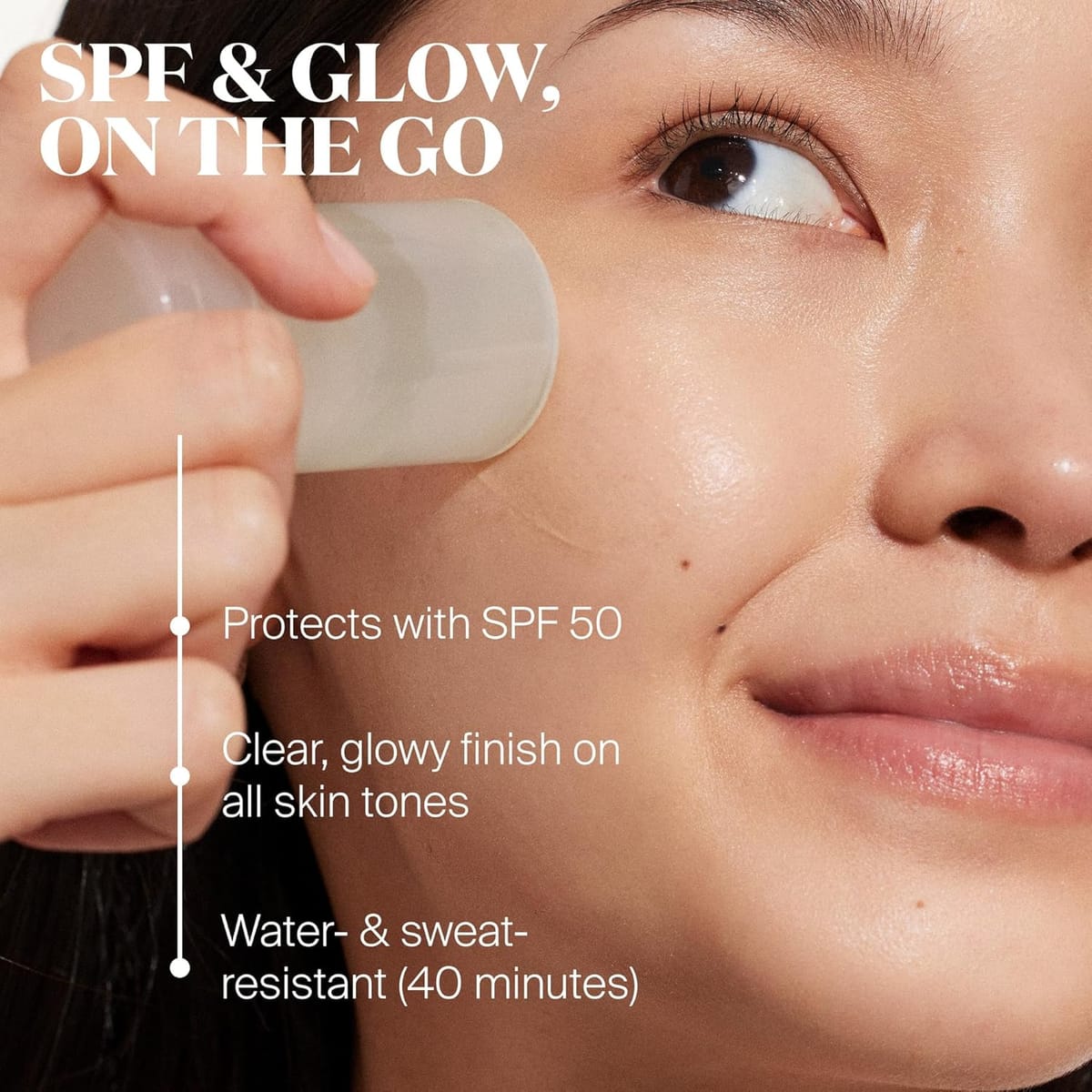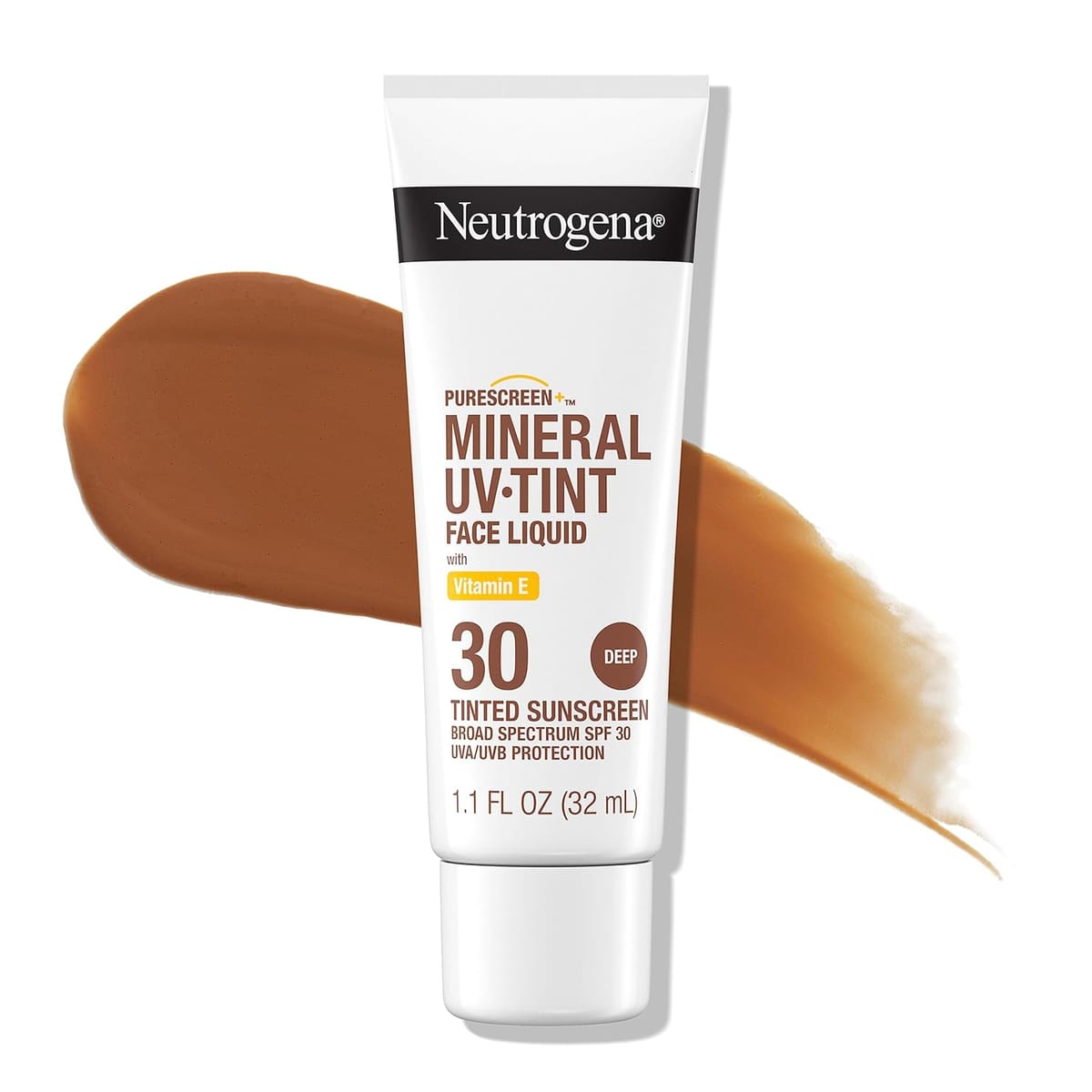Key Takeaways:
- Neutrogena sunscreen offers broad-spectrum protection against harmful UV rays.
- It is suitable for various skin types, including acne-prone and sensitive skin.
- Neutrogena products are known for their non-greasy formulas and cosmetic elegance.
Introduction
When it comes to sun protection, Neutrogena is a name that often pops up. But is Neutrogena sunscreen good? This article delves into the specifics of Neutrogena sunscreens, examining their effectiveness, suitability for different skin types, and overall user satisfaction. We will explore the ingredients, benefits, and potential drawbacks to help you read reviews and make an informed decision.
Broad Spectrum Protection
Neutrogena sunscreens are renowned for their broad-spectrum SPF, which means they protect against both UVA and UVB rays. UVA rays can prematurely age your skin, causing wrinkles and age spots, while UVB rays can burn your skin. Both types of rays can contribute to skin cancer. Neutrogena's broad spectrum protection ensures comprehensive coverage against these harmful effects.
The inclusion of active ingredients like avobenzone and oxybenzone in Neutrogena sunscreens helps in providing this extensive protection. These chemical sunscreens absorb UV radiation and convert it into heat which is then released from the skin. This mechanism is crucial for effective sun protection, especially during prolonged sun exposure.
Suitable for Acne-Prone Skin

One of the standout features of Neutrogena sunscreens is their suitability for acne-prone skin. Many sunscreens can clog pores and exacerbate acne, but Neutrogena offers non-comedogenic formulas that do not block pores. This makes them an excellent choice for individuals with acne-prone skin.
Neutrogena's Clear Face Liquid Lotion Sunscreen is specifically designed for acne-prone skin. It is lightweight, oil-free, and does not feel greasy, making it ideal for everyday use. Users have reported fewer breakouts and a reduction in acne flare-ups when using this product.
Chemical vs. Mineral Sunscreens
Neutrogena offers both chemical and mineral sunscreens. Chemical sunscreens, like those containing avobenzone and oxybenzone, absorb UV rays and convert them into heat. Mineral sunscreens on the other hand use ingredients like zinc oxide and titanium dioxide to physically block UV rays.
Mineral sunscreens are often recommended for sensitive skin as they are less likely to irritate. Neutrogena's Sheer Zinc Dry-Touch Sunscreen is a popular choice for those seeking no other mineral sunscreens option. It provides broad-spectrum protection without the use of chemical filters, making it suitable for sensitive skin.
Water-Resistant Formulas
For those who spend a lot of time in the water or sweat heavily, water-resistant sunscreens are essential. Neutrogena offers several water and sweat-resistant options that provide effective protection even when wet. These sunscreens are designed to stay on the skin for up to 80 minutes of swimming or sweating.
Neutrogena's Beach Defense Water + Sun Protection Sunscreen is a top pick for water-resistant sun protection. It is available in both lotion and spray forms, making it convenient for application on the go. This sunscreen is also formulated with Helioplex technology, which provides superior UV protection.
Cosmetic Elegance
One of the common complaints about sunscreens is that they can feel dry touch greasy or leave a white cast on the skin. Neutrogena sunscreens are known for their cosmetic elegance, meaning they are designed to feel light and non-greasy on the skin. This makes them more pleasant to wear, especially under makeup.
Neutrogena's Ultra Sheer Dry-Touch Sunscreen is a prime example of a cosmetically elegant sunscreen. It absorbs quickly, leaving a matte finish that does not feel sticky, oily, or greasy. This makes it a favorite among users who want effective sun protection without compromising on comfort.
Fragrance-Free Options
Fragrance can be a common irritant for sensitive skin. Neutrogena offers several fragrance-free sunscreens that are gentle on the skin and less likely to irritate. These options are ideal for individuals with sensitive skin or those who prefer products without added scents.
Neutrogena's Sensitive Skin Sunscreen Lotion is a fragrance-free option that provides broad-spectrum protection. It is formulated with 100% naturally sourced physical sunscreens, making it a gentle, natural yet effective choice for sensitive skin.
SPF Ratings and Their Importance
Understanding SPF ratings is crucial when selecting the best sunscreens for your skin type. SPF or Sun Protection Factor, measures how well a sunscreen protects against UVB rays which are the primary cause of sunburn. For acne-prone skin, choosing a sunscreen with an SPF of at least 30 is recommended. This ensures adequate protection without clogging pores, especially if the product is non-comedogenic. Additionally, higher SPF ratings can provide more extended protection, reducing the need for frequent reapplication.
It's also essential to consider the active ingredients in your sunscreen. Ingredients like zinc oxide and titanium dioxide, found in many mineral sunscreens, offer broad-spectrum protection. These ingredients are less likely to cause irritation or breakouts, making them suitable for sensitive or acne-prone skin. Reading reviews and checking the ingredient list can help you find a product that suits your needs. Remember, even the best sunscreens need to be reapplied every two hours, especially if you're swimming or sweating.
Environmental Impact and Sustainability
The environmental impact of sunscreens is an increasingly important consideration for many consumers. Neutrogena has made strides in creating eco-friendly products that minimize harm to marine life. Unlike some other sunscreens, Neutrogena's formulations are free from oxybenzone and octinoxate, chemicals known to contribute to coral bleaching. This makes Neutrogena a more sustainable choice for those concerned about the environment while still providing effective protection.
In addition to being reef-safe, Neutrogena is also committed to sustainable packaging. The brand uses recyclable materials and aims to reduce plastic waste. This commitment to sustainability does not compromise the quality of their products. For example, their fragrance-free and non-greasy formulas, which include ingredients like behenyl alcohol and glyceryl stearate, ensure that users with sensitive or acne-prone skin can enjoy effective sun protection without adverse effects. By choosing Neutrogena, you are not only protecting your skin but also contributing to a healthier planet.
These sections provide valuable information on SPF ratings and environmental impact, enhancing the article's depth and engagement.
Environmental Impact of Sunscreens
The environmental impact of sunscreens is an increasingly important consideration for many consumers. Some active ingredients in chemical sunscreens, such as oxybenzone and octinoxate, have been found to harm coral reefs and marine life. Opting for mineral sunscreens with zinc oxide or titanium dioxide can be a more eco-friendly choice. These ingredients are not only effective in protecting your skin but also less likely to cause environmental damage.
Moreover, the packaging of sunscreens can contribute to environmental waste. Look for brands that offer recyclable or biodegradable packaging to minimize your ecological footprint. Some companies are also moving towards using more sustainable ingredients and production methods. By choosing environmentally friendly sunscreens, you can protect your skin and the planet simultaneously. Always read reviews and research the environmental policies of the brands you support to make informed decisions.
Inactive Ingredients
The inactive ingredients in sunscreens can also play a significant role in their overall performance and feel. Neutrogena sunscreens often include ingredients like xanthan gum and sodium polyacrylate, which help to stabilize the formula and improve its texture.
For example, xanthan gum is a natural thickening agent that helps to create a smooth, even application. Sodium polyacrylate is a water-absorbing polymer that helps to keep the sunscreen lightweight and non-greasy. These ingredients contribute to the overall effectiveness and user experience of Neutrogena sunscreens.
Non-Greasy Formulas
A non-greasy formula is a key feature that many people look for in sunscreen. Neutrogena sunscreens are formulated to absorb quickly and leave a non-greasy finish. This makes them suitable for everyday use and comfortable to wear under makeup.
Neutrogena's Hydro Boost Water Gel Lotion Sunscreen is a popular non-greasy option. It is infused with hyaluronic acid, which helps to hydrate the skin while providing broad-spectrum protection. Users appreciate its lightweight, non-sticky feel and its ability to keep the skin moisturized.
Expiration and Reapplication
Like most sunscreens, Neutrogena sunscreens have an expiration date. It is important to check the sunscreens expire and expiration date before use, as expired sunscreens may not provide adequate protection. Additionally, reapplication is crucial for maintaining effective sun protection, especially after swimming or sweating.
Neutrogena recommends reapplying their sunscreens every two hours, or immediately after swimming or sweating. This ensures continuous protection against harmful UV rays and reduces the risk of sunburn and skin damage.
Dermatologist Recommended
Neutrogena is a brand that is often recommended by dermatologists. Their sunscreens are formulated with dermatologist-tested ingredients and are designed to provide effective sun protection without irritation. This makes them a trusted choice for many individuals seeking reliable sun protection.
Neutrogena's Healthy Defense Daily Moisturizer with Broad Spectrum SPF 50 is a dermatologist-recommended product that combines sun protection with moisturizing benefits. It is suitable for daily use and helps to keep the skin hydrated while protecting the body against UV damage.
User Reviews and Feedback
Reading reviews can provide valuable insights into the effectiveness and user experience of a product. Neutrogena sunscreens generally receive positive reviews from users, with many praising their lightweight feel, non-greasy formulas, and effective sun protection.
For example, users of Neutrogena's Ultra Sheer Dry-Touch Sunscreen often highlight its quick absorption and matte finish. Many users also appreciate the broad spectrum protection it offers and its suitability for various skin types, including both oily skin and acne-prone skin.


Is Neutrogena sunscreen good for acne-prone skin?
Yes, Neutrogena offers non-comedogenic sunscreens that are specifically designed for acne-prone skin. These formulas do not clog pores and help to reduce the risk of breakouts.
Do Neutrogena sunscreens leave a white cast?
Neutrogena's chemical sunscreens generally do not leave a white cast. However, some of their mineral sunscreens, like the Sheer Zinc Dry-Touch Sunscreen, may leave a slight white cast due to the presence of zinc oxide.
How often should I reapply Neutrogena sunscreen?
Neutrogena recommends reapplying their sunscreens every two hours, or immediately after swimming or sweating, to maintain effective sun protection.

In summary, Neutrogena sunscreens are a reliable choice for effective sun protection. They offer broad-spectrum protection against harmful UV rays, are suitable for various skin types, and are known for their non-greasy, cosmetically elegant formulas. Whether you have sensitive skin, acne-prone skin, or simply want a sunscreen that feels light and comfortable, Neutrogena has a product that can meet your needs.










